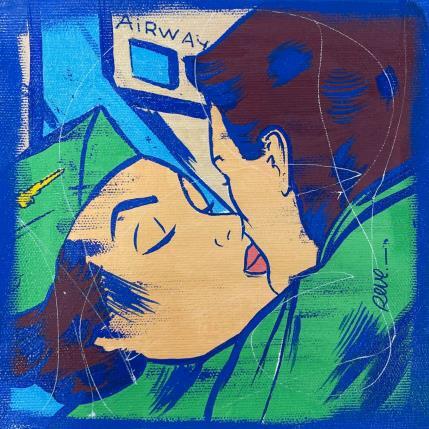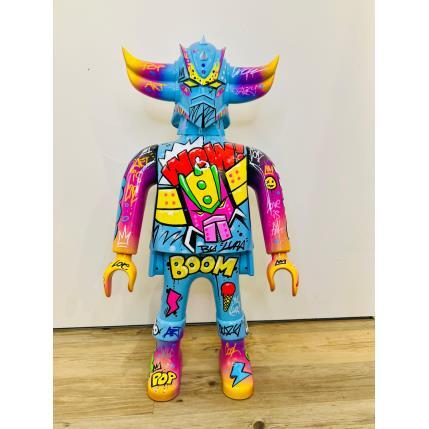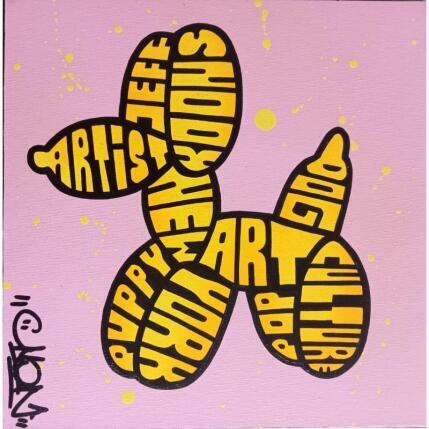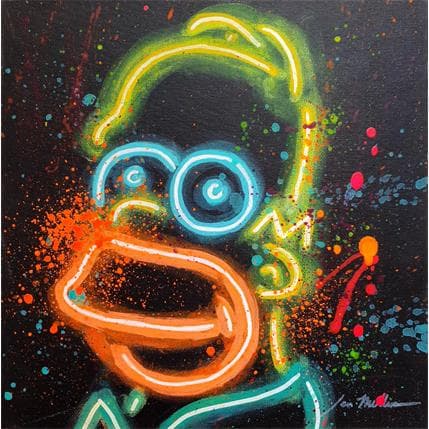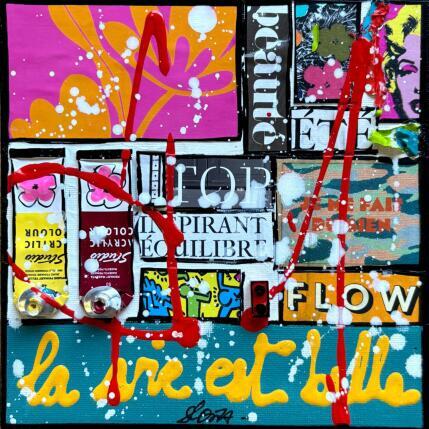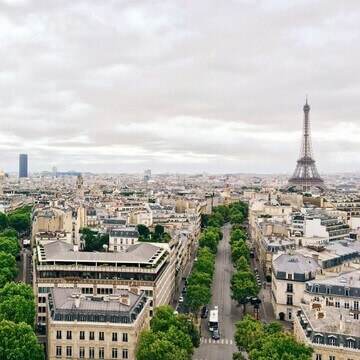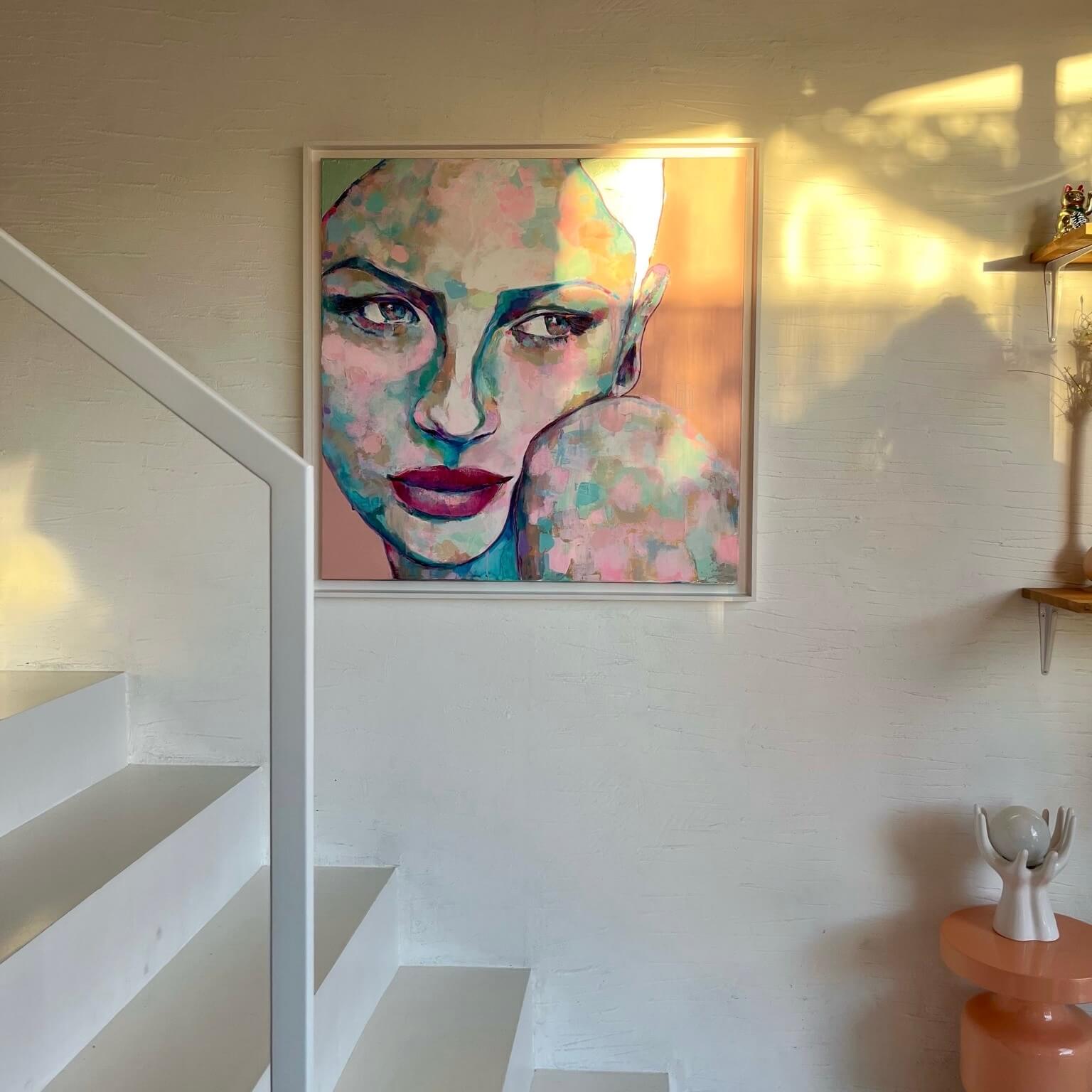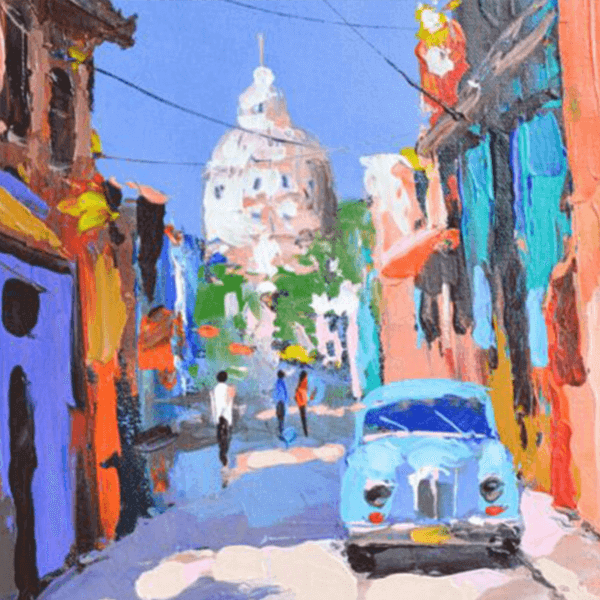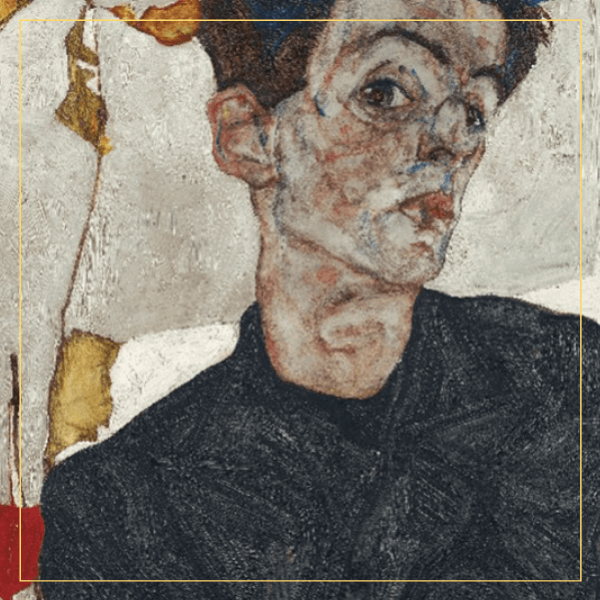Street art, in the name of freedom of expression
- 12/05/2021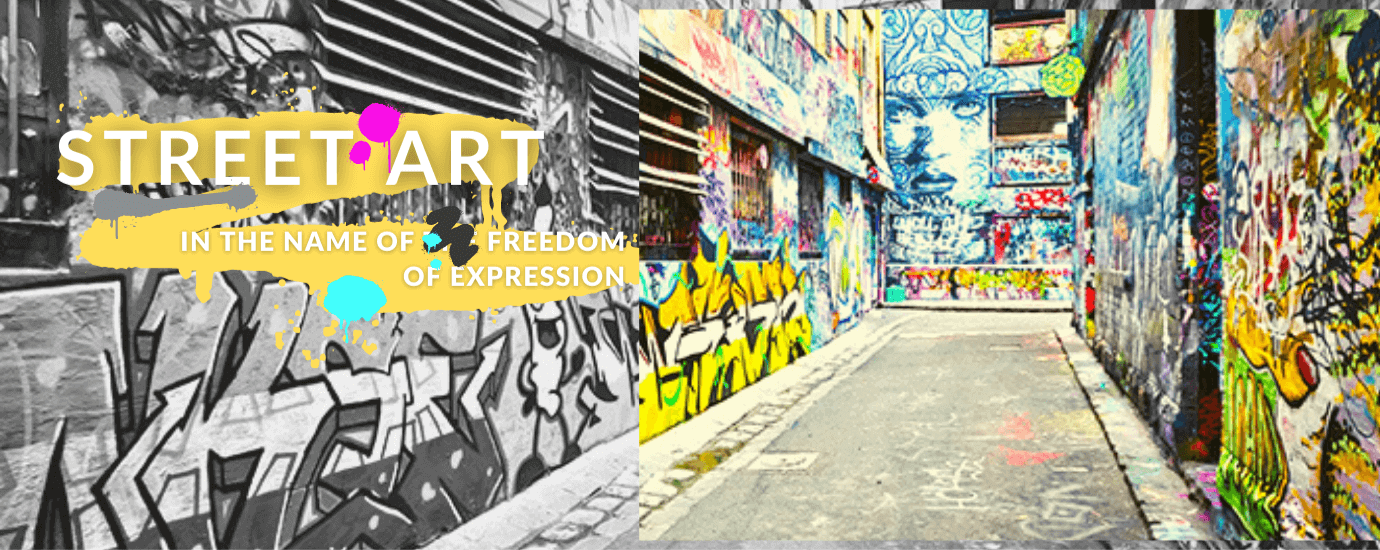
We don’t always realize how many different forms Street Art comes into.
In the past few decades, Street artists have been criticized and even considered criminals.
However, the public perception of Street art has fortunately changed quite a bit, with artworks sold for millions in auction houses worldwide, and artists like Shepard Fairey, Banksy or JR being exhibited in the finest museums.
Now let’s take a look at this incredible success story.
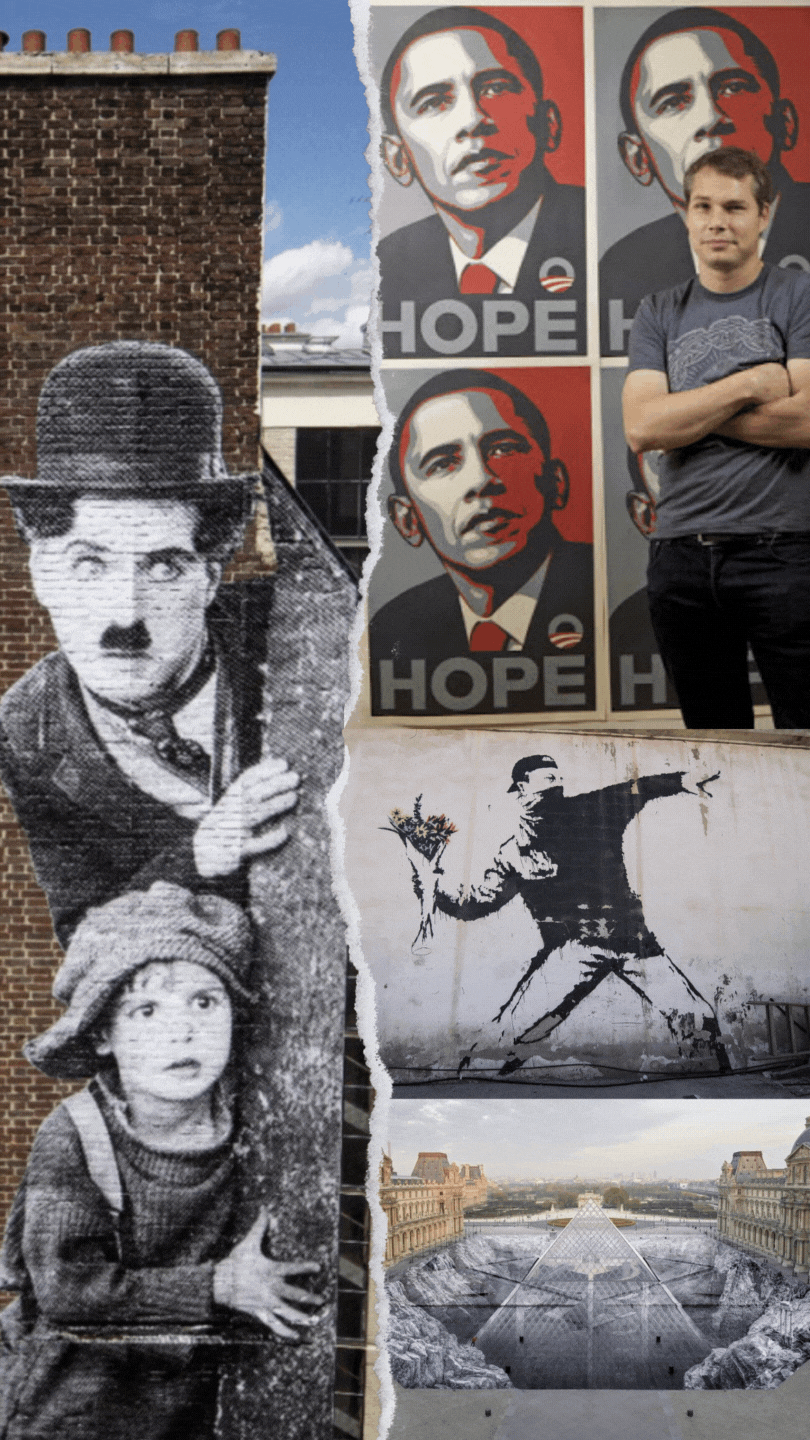
NEW YORK CITY - EARLY BEGINNINGS
It all started from tagged initials on the trains, and quickly completely covered them.
Within a few years, New York city subway found its signature look.
As time went on, artists kept on perfecting their techniques and trying new things.
But Street art fever was already spreading through America, in cities like Chicago, Los Angeles or even Washington.
1980'S - STREET ART IN EUROPE
At the time, all forms of Street art are considered illegal and are seen as public property damage.
When getting caught, artists would be fined or even sent to prison.
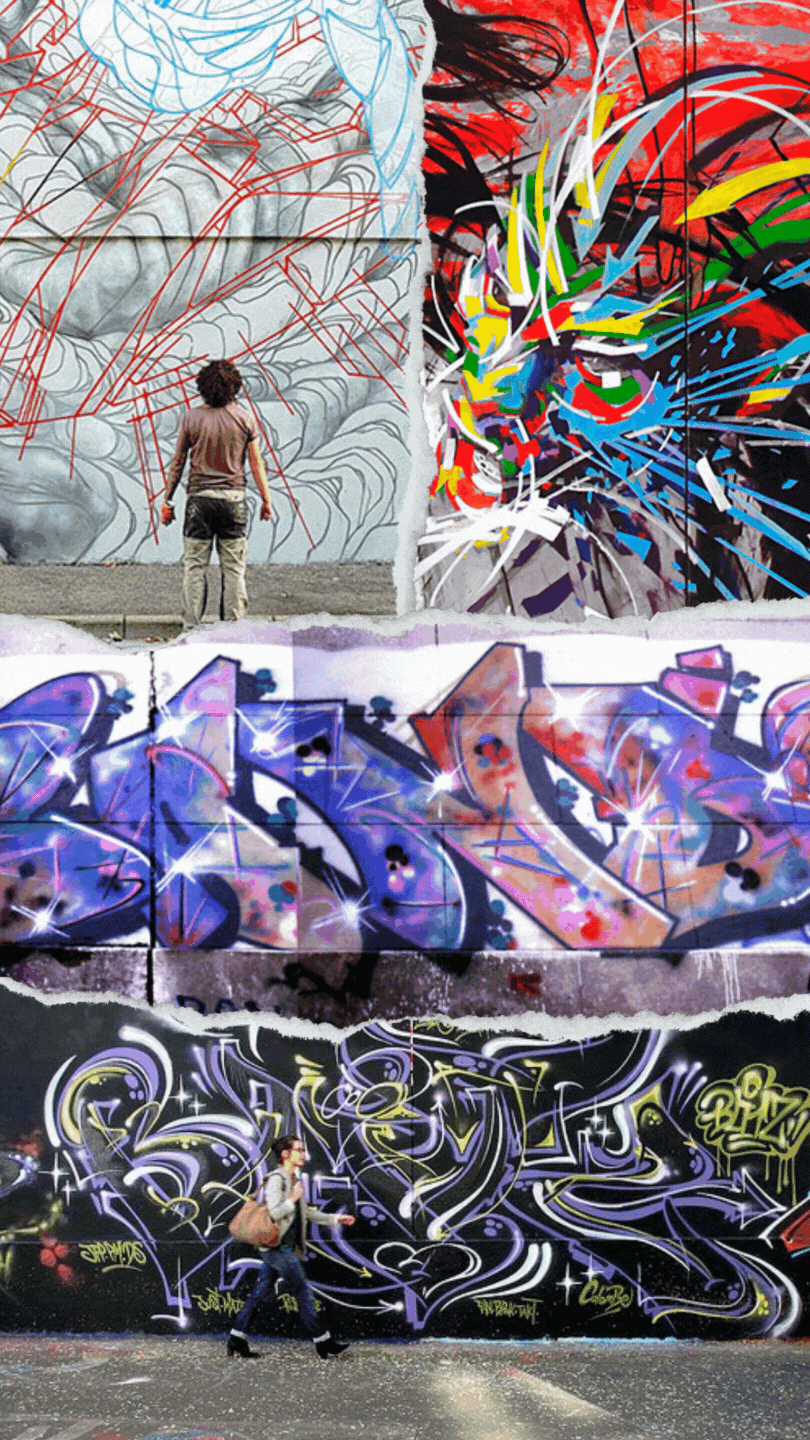
From chic neighborhoods to major Institutions like the Louvre or Centre Pompidou museums, everyone is talking about it.
Many young artists enjoyed this “forbidden” element and the public interest kept on growing.
The techniques start to change, as well as the themes and colors.
GRAFFITI
« Graffiti » :
an Italian word that meant “writing”, “drawing” or “painting” but it became an international code for signatures on the streets.
Early famous graffers like Futura or Phase 2 are developing their styles around their signatures.
Phase 2 becomes the first artist to draw large letters and fill them in with colors.
This became a major moment in calligraphy, as readibility no longer dictated handwriting’s visual quality.
STENCILS
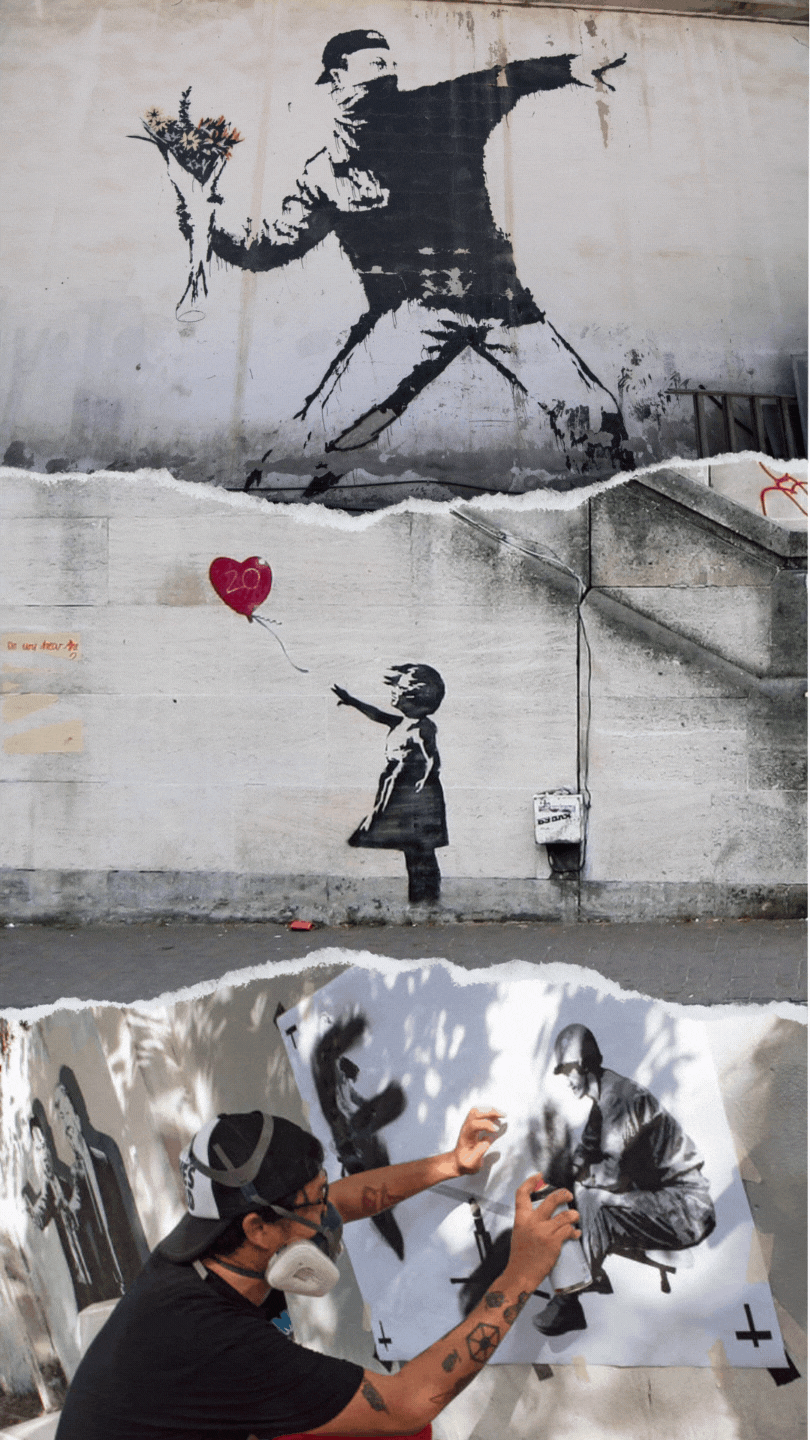
This technique allows the artists to work very quickly on the streets, which was crucial for this illegal practice.
Most of the work comes from cutting drawings or shapes from pieces of cardboard or plastic, which can be done privately.
COLLAGE
Used by world-famous artists like JR, collage is about applying posters on the streets.
This style is very easily removable and does not damage urban property.
FROM SUBWAY TRAINS TO MUSEUM
Born on the streets Street Art has come a long way and is now found in the finest Museums.
It raises a lot of questions on the meaning of these artworks.
Can an Artistic movement that was about rebellion and transgression still carry the same message in places like the Tate Modern or MOCA Los Angeles?
Whilst there is no definite answer, it is quite obvious that this recognition kept Street Art alive and gave it its global visibility.

THE NEO-COLLECTOR'S GUIDE
Everything you always wanted to know about the art market but were afraid to ask!
The art market often appears to be a domain reserved for a privileged few...
This is not true: accessible to all, the art market is only waiting for its new collectors.
For those who still have a doubt :
Here are the answers to the questions commonly asked!
What is a work of art?
What is the purpose of art?
What is the purpose of a certificate of authenticity?
What should you look out for when buying a work of art?


